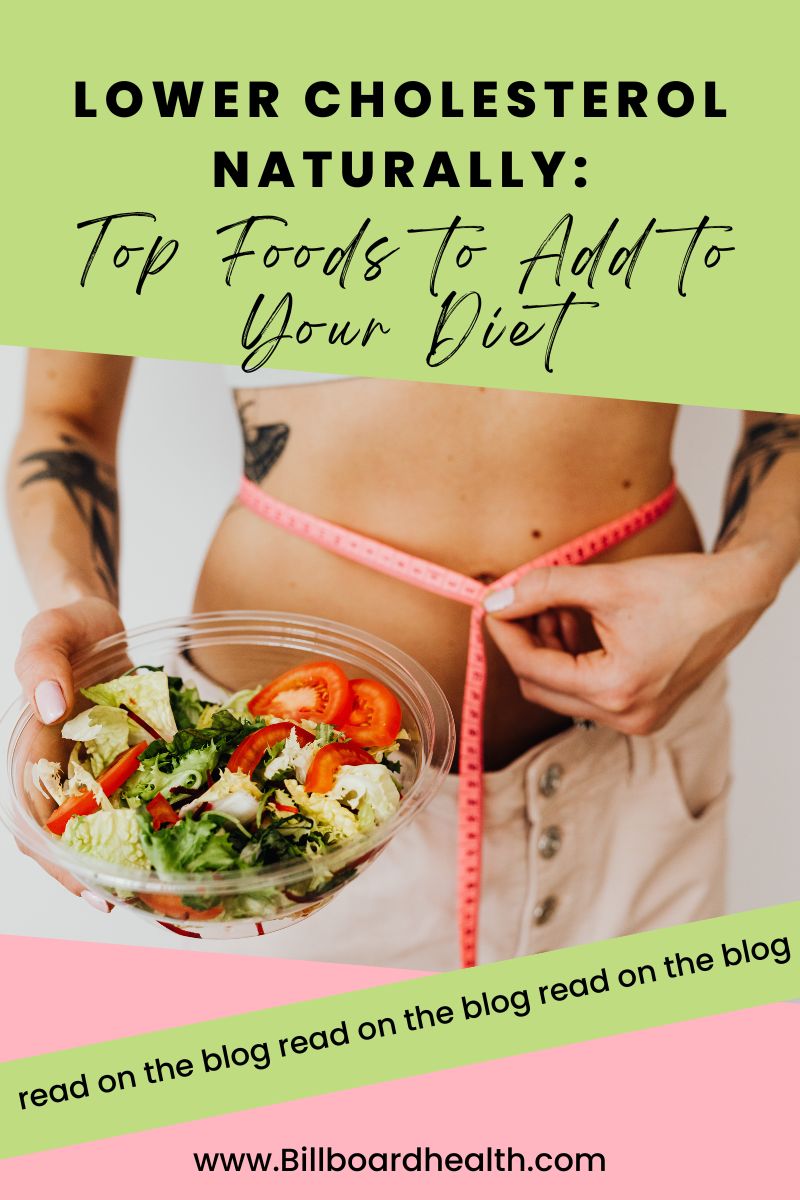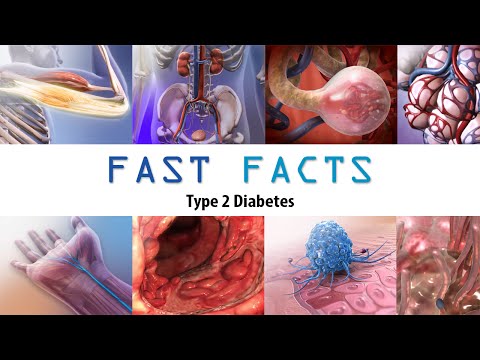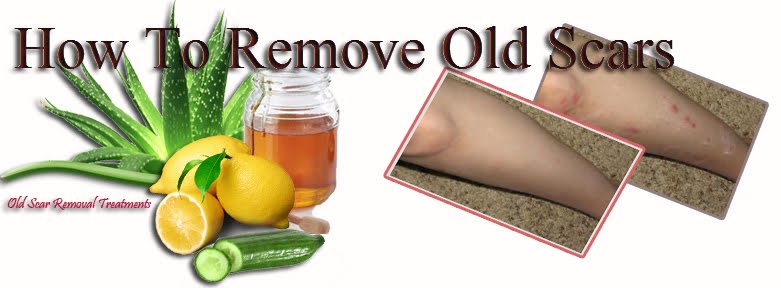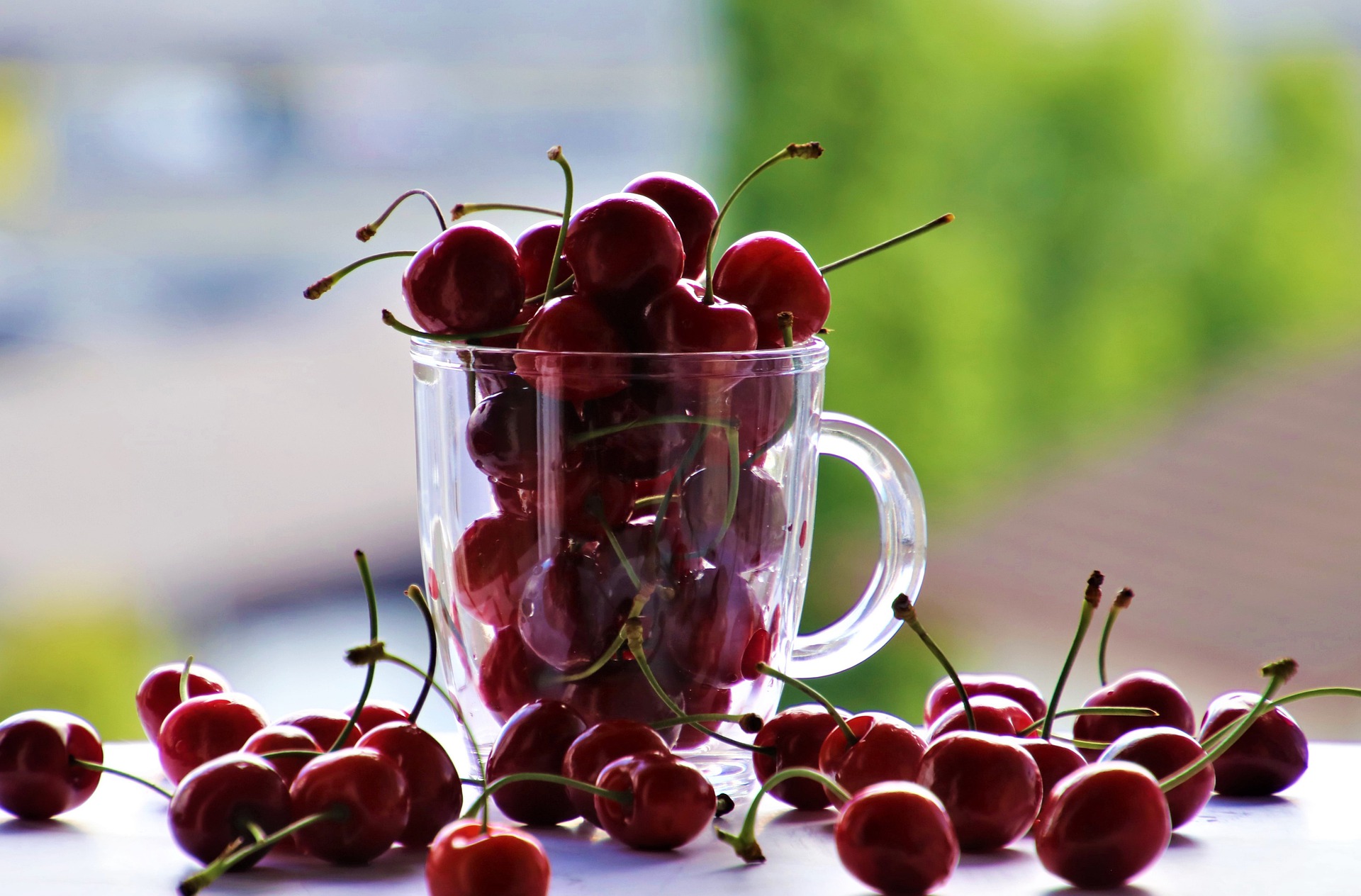Lowering cholesterol is critical for heart health and reducing the risk of heart disease. While medications can help manage high cholesterol, making dietary changes is a powerful way to lower cholesterol naturally. You can improve your lipid profile and support your cardiovascular health by incorporating specific foods into your daily meals. This article will look at the best foods to include in your diet to lower cholesterol and promote a heart-healthy lifestyle.
Whole Grains and Oatmeal
Oats and whole grains are among the best natural ways to lower cholesterol. These nutrient-dense foods are high in soluble fiber, which binds to cholesterol in the digestive tract and excretes it. Whole grains, such as whole-wheat bread, barley, and brown rice, are excellent sources of LDL (insufficient) cholesterol reduction.
Vegetables and fruits
Fruits and vegetables are essential parts of a heart-healthy diet, and they are packed with vitamins, minerals, and antioxidants, which help to reduce inflammation and promote overall health. Many fruits and vegetables also contain soluble fiber, which aids in cholesterol reduction. Apples, oranges, pears, berries, and leafy greens like spinach and kale are all good choices.
Legumes
Legumes, such as beans, lentils, and chickpeas, are high in plant-based protein and soluble fiber, making them ideal for those looking to naturally lower cholsterol. Consuming legumes regularly has been shown to lower LDL cholesterol levels, promote heart health, and manage weight.
Seeds and nuts
Nuts and seeds can help lower cholesterol levels while providing healthy fats, protein, and fiber. Walnuts, almonds, and pistachios are perfect for your heart because they contain omega-3 fatty acids and plant sterols, which help lower LDL cholesterol. Flaxseeds and chia seeds are also high in omega-3 fatty acids.
Fish with Fat
Fatty fish, such as mackerel, sardines, and salmon, are high in omega-3 fatty acids, which have been shown to lower cholesterol naturally and reduce inflammation. Consuming fatty fish at least twice a week can improve your heart health by lowering LDL cholesterol and increasing HDL (good) cholesterol levels.
Avocados

Avocados are high in fiber and monounsaturated fats, both beneficial to the heart. These nutrients work together to promote healthy blood lipid profiles and lower cholesterol levels. Spreading avocado on toast or enjoying homemade guacamole are two easy ways to incorporate avocados into your diet.
Extra Virgin Olive Oil
Olive oil is a crucial component of the Mediterranean diet, which has long been linked to improved heart health and lower cholesterol levels. High in monounsaturated fats and antioxidants, Olive oil can help lower LDL cholesterol while increasing HDL cholesterol; for a simple and effective way to improve your lipid profile, replace unhealthy fats like butter and margarine with olive oil.
Products Made from Soy
Tofu, tempeh, and soy milk are plant-based protein sources that can help naturally lower cholesterol. High in isoflavones and fiber, soy products have been shown to lower LDL cholesterol without affecting HDL cholesterol. Including soy-based foods in your diet can be a great alternative to animal proteins while supporting heart health.
Garlic
For centuries, garlic has been used for its medicinal properties, including its ability to lower cholesterol levels. It contains allicin, which helps prevent arterial plaque formation and lowers LDL cholesterol. Garlic incorporation
Tea, Green
Green tea is an antioxidant-rich beverage shown to lower cholesterol naturally. It contains catechins, which help lower LDL cholesterol levels and prevent LDL particle oxidation, a significant factor in the development of heart disease. Drinking several cups of green tea daily can be a tasty and relaxing way to improve cardiovascular health.
Chocolate, dark
Believe it or not, dark chocolate can be a heart-healthy treat when consumed in moderation. Dark chocolate, high in flavonoids, can help lower cholesterol, reduce inflammation, and improve blood flow. To reap the most benefits and enjoy this indulgence guilt-free, choose chocolate with at least 70% cocoa content.
A glass of red wine
Moderate red wine consumption has been linked to improved heart health, partly due to its ability to naturally lower cholesterol. Red wine contains resveratrol, which helps reduce inflammation and prevents LDL cholesterol formation. However, drinking responsibly and staying within daily limits are critical.
Fermented foods
Fermented foods, such as kefir, sauerkraut, and yogurt, are high in probiotics, which are essential for gut health. According to new research, a healthy gut microbiome can improve cholesterol levels and heart health. Incorporating fermented foods into your diet can help naturally lower cholesterol while supporting overall health.
Stanols and Sterols from Plants
Plant sterols and stanols are natural compounds in various fruits, vegetables, nuts, and seeds. They have a similar structure to cholesterol, allowing them to prevent cholesterol absorption in the digestive system. Plant-sterol and stanol-fortified foods like margarine and orange juice can help lower LDL cholesterol levels.
Husk of Psyllium
Psyllium husk is a natural fiber supplement that can be included in your diet to naturally lower cholesterol. It works by binding to cholesterol and bile acids in the digestive tract, assisting in their removal from the body. Including psyllium husk in your daily routine is a simple way to boost your fiber intake and maintain healthy cholesterol levels.
Conclusion
Natural cholesterol reduction is possible with the right dietary choices. Incorporating these top foods into your diet can improve your lipid profile and support your heart health. Remember that consistency is vital, so make an effort every day to prioritize these heart-healthy foods.
Aside from dietary changes, maintaining an active lifestyle, managing stress, and abstaining from tobacco use are all crucial factors in promoting overall cardiovascular health. Working closely with your healthcare provider to monitor your cholesterol levels and make necessary adjustments can help ensure long-term success in your journey to naturally lower cholesterol.
So, please don’t put it off any longer; begin making these heart-healthy dietary changes today and reap the benefits of lower cholesterol levels and improved cardiovascular health for years to come.








Pingback: 5 Natural Moisturizers for Healthier & Vibrant Soft Skin
Pingback: Avocado Nutrition Facts: Discover the Health Benefits of Avocado - Billboard Health